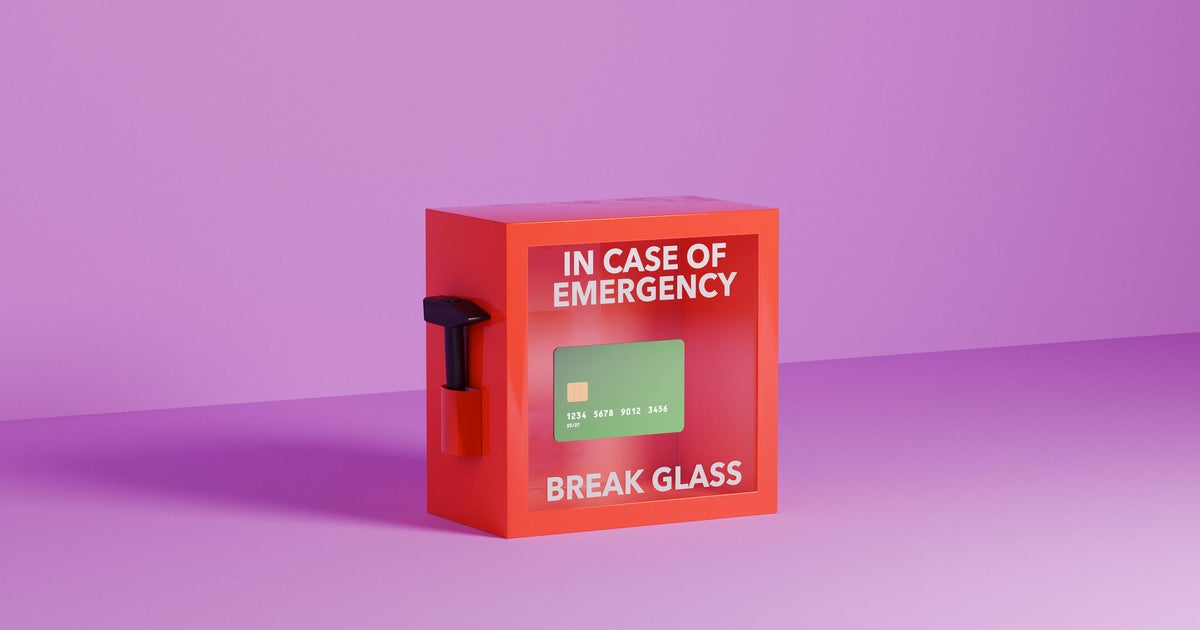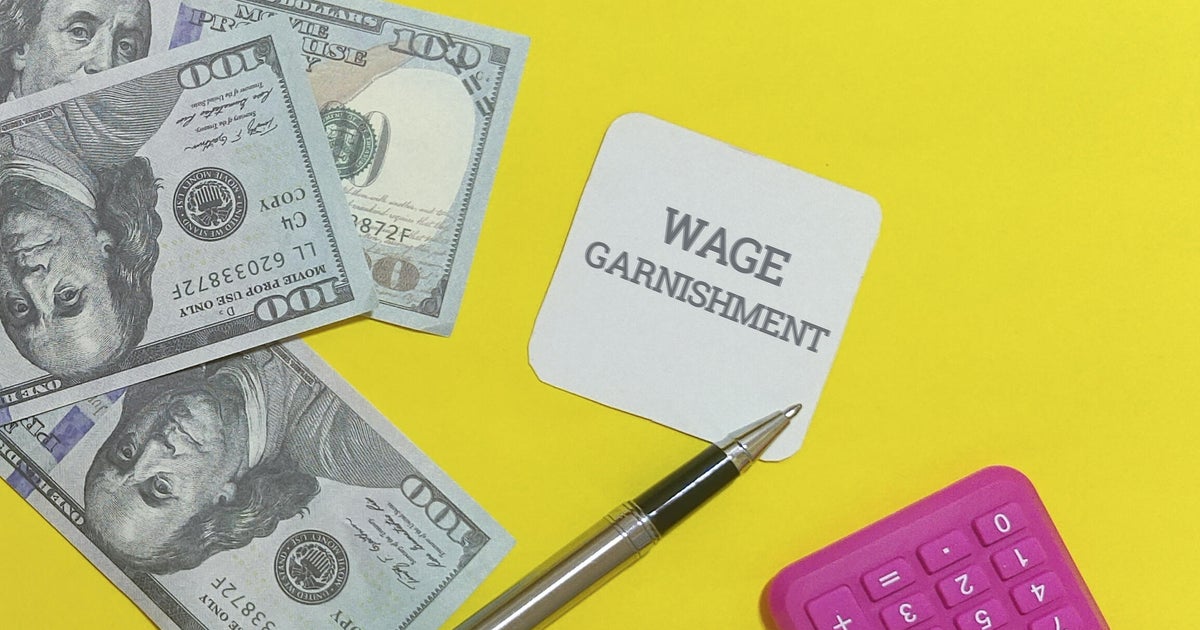Just got your first job? Here's how to start saving
If you're starting your first full-time job or moving out on your own, figuring out how to handle your finances can be intimidating, and may involve a bit of trial-and-error to figure out what works.
Here are six things financial professionals recommend keeping in mind on the road to becoming a financially independent adult:
Make a budget
Make a monthly budget to determine what your essential, or fixed, spending is, what's flexible, and what you can save. Fixed costs are things like housing, grocery bills and utility payments, which you know you will have to pay each month.
You should base your budget on your take-home pay after taxes, health insurance costs and any retirement plan contributions. A gross annual salary number doesn't tell the full story.
In general, for those starting out, "Fifty percent of income should go toward living expenses, student loan or credit card debt can be 30 percent, and the remaining 20 percent should be devoted to financial goals," financial adviser Kelly Luethje told CBS MoneyWatch. "If you want a place to start, take the 50/30/20 structure to help you get your round numbers."
Save for emergencies
One of the first things experts recommend doing with the rest of your paycheck is saving a portion of your annual income for emergencies. If you have a big medical bill, a sudden job loss or another unexpected expense, having a buffer can mean the difference between staying afloat financially or going into debt.
In general, you should strive to save at least three to six months' worth of money in an account for emergency expenses.
Jennifer Harper, financial adviser at Bridge Financial, said, "The very first thing I advise people to do is create an emergency fund. If you don't have one and something happens -- you get into a car accident or your hot water heater blows -- where are you going to get the money from? You are going to put it on a credit card, and either one is worse than the implications of any existing debt."
Harper said people should save for emergencies even while paying down existing debt. That will provide a cushion against incurring even more debt with high rates.
Pay down existing debt
In addition to saving for an emergency fund, paying down high interest cards and student debt should be a priority.
If you have student loans, take advantage of any grace periods to save money. Most loan payment plans don't kick in until about six months after graduation.
For credit cards, make a plan to pay down existing debt, and try to consolidate debt to reduce payments or interest rates.
Contribute to a retirement account
If your company matches the portion of your income that you contribute to an employer-sponsored retirement account, such as a 401(k) plan, it's a good idea to max out contributions, at least up to the amount matched. Financial experts recommend bumping your contributions above the match as your salary increases. After all, if you start saving for retirement early in your career, that money will have years to compound and increase.
For workers who lack access to a company-matched retirement fund, or who are just looking to start saving, myRA and IRA accounts are other options that may be a good fit. Tax breaks also are available for certain retirement contributions, depending on your income bracket.
Build credit
If you eventually want to take out a loan to purchase a home or a car, it's important to build your credit history. That means you may want to get a credit card or small loan to build credit. But be aware that carrying large balances and high interest rates can hurt your credit score.
"You want to make sure that you are responsible, don't max it out, pay it off every month, make timely payments. You want to make sure that you are checking your credit report on a regular basis," financial adviser Catherine Derus said.
Keep housing costs low
Ideally, housing costs should amount to no more than one-third of your income, though in many metropolitan areas it's hard to stick to that guideline.
Living with roommates or finding a place in a less expensive neighborhood can help you reach other financial goals. When you get a pay raise, continuing to live within the same budget for longer means the extra money may be available to save for a down payment or to add to your retirement fund.
Everyone's financial situation is different, and it takes time to develop a plan that fits your goals. Most important, as your career grows, your money will likely grow too -- which will help boost your budget, Harper said.
"The best thing you can do for your budget is grow your income! There's only so many things you can cut before there's nothing to cut out of your budget. But your income potential is unlimited."



